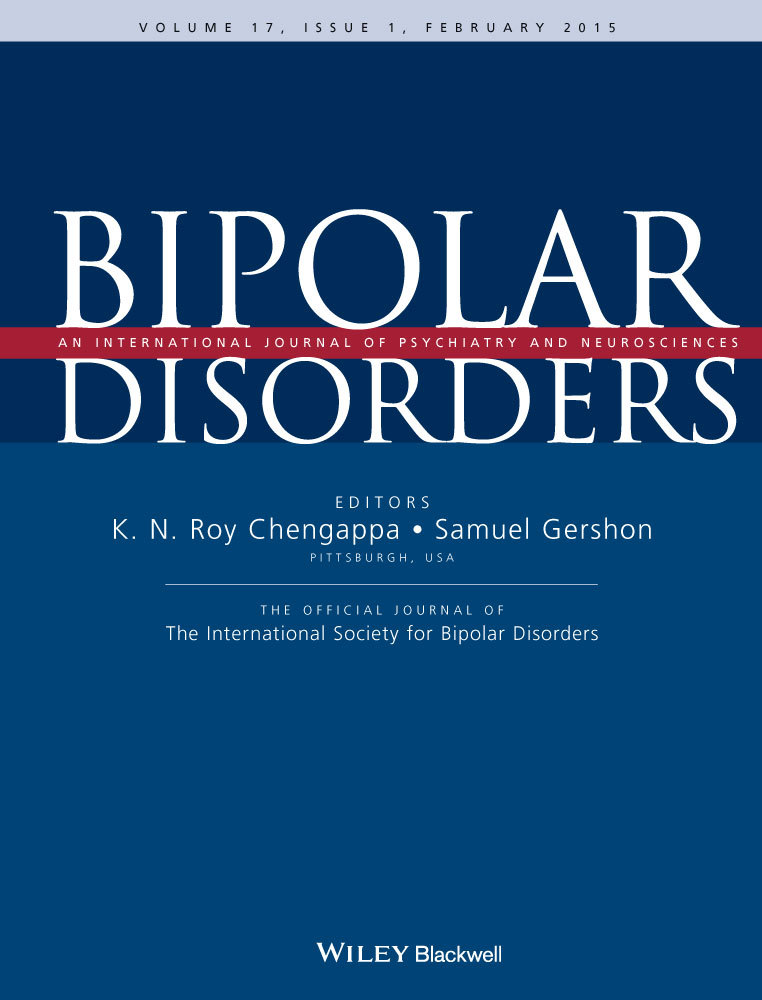Bipolar disorder, miscarriage, and termination
Abstract
Objectives
To compare rates of bipolar episodes following miscarriage and termination with those occurring in the postpartum period.
Methods
Information in relation to pregnancy and childbirth was gathered retrospectively for 1,283 women with broadly defined bipolar disorder by interview and case-notes review.
Results
Rates of mania or affective psychosis were significantly higher after full-term delivery than after termination (p < 0.001) or miscarriage (p < 0.001). Rates of non-psychotic major depression were similar following full-term deliveries, miscarriages (p = 0.362), and terminations (p = 0.301).
Conclusions
While women with bipolar disorder and their clinicians should be aware of the possible onset of depression in the weeks following miscarriage or termination, episodes of mania or affective psychosis are less common in comparison with the high rates observed in the postpartum period.




